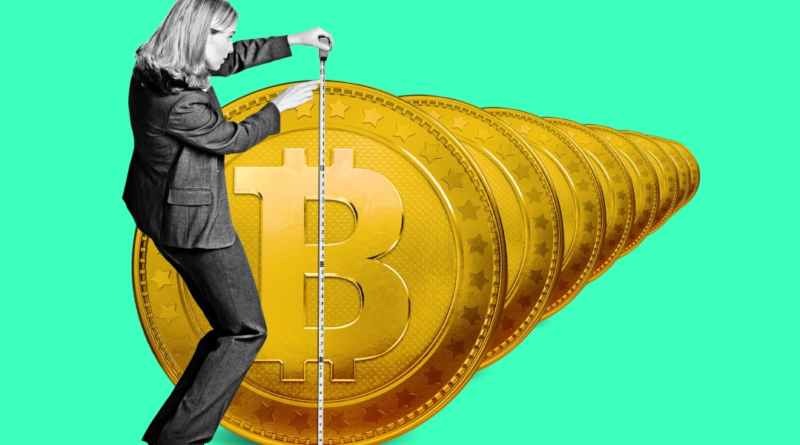Portal, a decentralized Bitcoin exchange, raises $34 million to develop cross-chain swaps
Fintech provider Portal today announced it’s received $34 million in seed funding to further development of a decentralized Bitcoin ecosystem that will enable peer-to-peer, cross-chain swaps of digital assets.
“Portal intends to solve the problem of custodial risk once and for all,” cofounder and CEO Chandra Duggirala said in a statement.
Investors include Coinbase Ventures, Arrington Capital, OKX Ventures, and Gate.io, and the seed funding builds on Portal’s angel round of $8.5 million, which closed in 2021.
“Portal is rapidly pushing ahead the Bitcoin ecosystem by enabling fast and low-cost economic activity without being beholden to third parties,” Michael Arrington, founder and partner of Arrington Capital, said in a statement.
Founded in San Francisco in 2019, Portal enables customers to make safe cross-chain transactions without relying on third parties such as exchanges, bridges, or wrappers, which pose additional risks.
“From the very early days of Mt. Gox to FTX, centralized exchanges have been a persistent source of risk to user funds,” said Duggirala. “Now, the risk remains, but it has taken a new form in bridges and other custodial cross-chain solutions.”
“Custodial bridges have been the single-biggest problem in crypto, and it becomes particularly important when it comes to cross-chain operations because different blockchains are completely disparate things,” Duggirala told Fortune. Bridges are touch points that allow transfers of tokens between blockchains, but they can be extremely vulnerable to hackers—a single cross-chain exploit in 2022 drained some $625 million.
Wrapping is another solution users have opted for to make cross-chain transactions, whereby tokens are backed by a coin or asset, native to a different blockchain, to make them usable on a different network. But wrapped tokens rely on custodians to hold the original assets, which raises questions about centralization and counterparty risk.
“So, how do you bind two completely independent systems together, the only reliable way?” Duggirala asked. He says it can be done using transparent layer-2 atomic-swap technology. Layer-2 refers to protocols that operate atop a layer-1 blockchain—like Bitcoin or Ethereum—to improve scalability. Atomic swaps are exchange contracts that allow cryptocurrencies to be traded peer-to-peer without requiring a trusted third party.
“It hasn’t been done before; as far as we know, this is the first of its kind,” Duggirala said.
Portal plans to use the funds to invest in engineering and building the ecosystem of two of its flagship products: Portal DEX and Portal Wallet. The former is the first Bitcoin-based exchange that allows swaps of cryptocurrencies across blockchains, and the latter is the non-custodial, user-facing tool that integrates Portal DEX.
“The portable mobile wallet serves as basically like a standard for the user experience,” Duggirala said, “but we want as many third-party wallets to integrate the swap as quickly as possible.”


